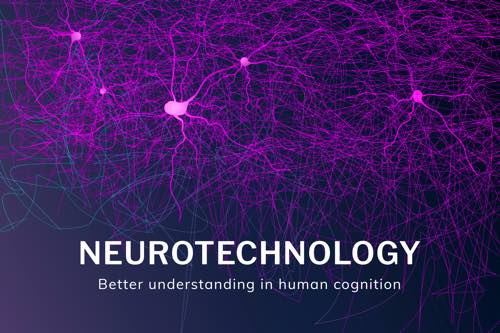The brain processes rewards in a particular way, leading to unexpected consequences

Why would anyone want to work hard to cut something out of their diet, then reward themselves with the very same thing? It seems like a good way to be stuck with the problem for the rest of your life, because rewards increase desire. As long as food continues to be a reward, it will increase desire. Forty per cent of US citizens say that the biggest obstacle to them embarking on a healthier diet is fear of giving up their favourite foods (American Dietetic Association, 1997). Foods can create such cravings that people are actually afraid of being separated from them. They act like any other reward. It’s time to see what’s happening in our brain when this occurs.
The brain processes rewards in a particular way, leading to unexpected consequences. It has a reward circuit known as the mesolimbic dopamine system, which is equally capable of perceiving food as a reward motivation as it is of inclining someone towards sex, gambling or drug use (Berridge et al., 2010; Fulton, 2010). It may be hard to believe, but rewards occupy the same brain space as other dependencies. Something that on the surface seems to help you reach your objectives is actually holding you back from achieving them. And just like people who use drugs to mask their pain, it creates even bigger problems.